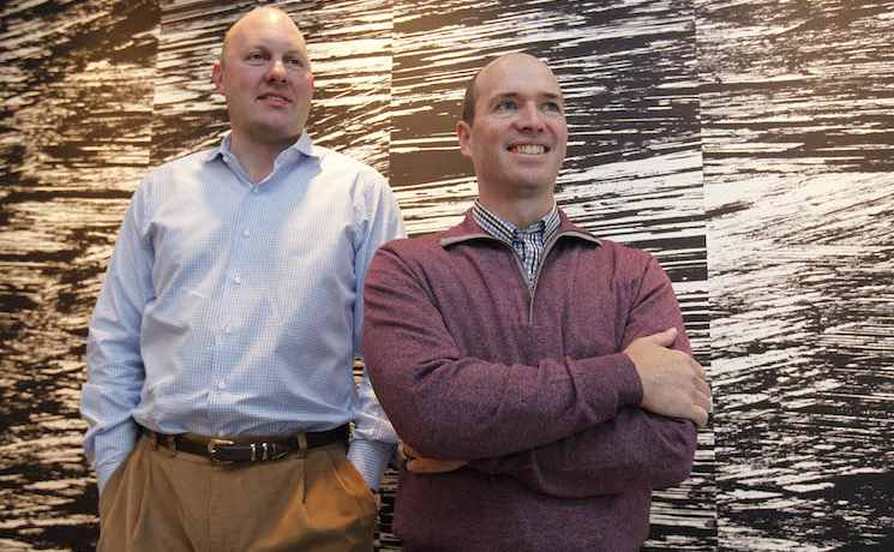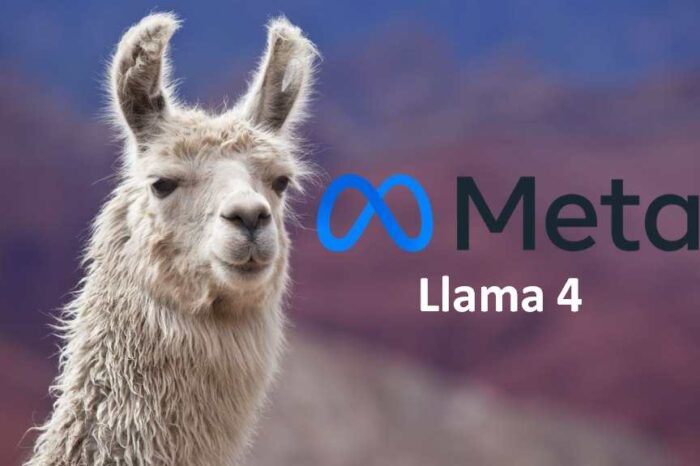Andreessen Horowitz to raise record $20B AI megafund as global investors bet on U.S. tech

Less than a month after reports surfaced that Andreessen Horowitz was aiming to raise $7.2 billion across a series of new venture funds, Silicon Valley’s most ambitious venture capital firm is already going bigger.
According to an exclusive report from Reuters, Andreessen Horowitz (known as a16z) is now seeking to raise a record-breaking $20 billion megafund focused entirely on artificial intelligence. If successful, it would mark the largest raise in a16z’s history — and one of the boldest bets on AI to date.
“Venture capital firm Andreessen Horowitz is seeking to raise about $20 billion in what will be the largest fund in its history, to capitalize on global investors’ interest in backing U.S. artificial intelligence companies, Reuters reported, citing sources familiar with the matter.
The fund is aimed squarely at growth-stage AI companies, and sources say it’s already generating interest from global investors who want exposure to U.S. tech without regulatory friction.
Known as a16z, the firm has been pitching this megafund around the world. Some limited partners (LPs) view it as a backdoor way to put their capital into American AI startups without the red tape. The move comes as interest in U.S. AI continues to swell — even amid geopolitical tensions and economic uncertainty.
This new raise would put a16z in rare company. Only SoftBank’s Vision Funds have pulled together more capital for tech. The original Vision Fund hit $100 billion. Vision Fund 2, by comparison, stands at $56 billion. Sequoia Capital, another heavyweight, manages just under that across several funds. A16z’s largest single fund to date was $5 billion, part of a broader $9 billion raise in 2022.
$20 Billion Power Play: A16z Launches Largest AI Fund Yet
So, $20 billion is a huge leap — even by a16z standards.
The firm, founded by Marc Andreessen and Ben Horowitz, has shifted its political alignment in recent years. After historically backing Democratic candidates, both founders publicly supported Donald Trump last year. Their support aligns with a broader shift in Silicon Valley, where figures like Elon Musk have echoed similar sentiments. That connection hasn’t gone unnoticed among LPs, some of whom reportedly see it as a strategic edge, particularly if Trump returns to office.
A big chunk of the new fund is expected to go into follow-on investments in AI companies that a16z already backs. The firm has cut big checks into xAI, Safe Superintelligence, and Mistral, and it bought shares of OpenAI through a secondary deal. It’s also been quietly building infrastructure — including access to thousands of Nvidia GPUs — which startups in its portfolio can rent.
This fundraising push is about more than just collecting dry powder. It’s a bet that AI startups will need serious capital to compete — especially those working on large language models, where compute and data demands are off the charts. Asking LPs to back a single AI-focused vehicle (instead of splitting across verticals) shows just how all-in a16z is going.
The firm’s track record with massive funds has been mixed. Still, it continues to attract capital from investors chasing outsized returns — and from those who don’t want to miss the next breakout moment in AI.
Founded in 2009 by Marc Andreessen and Ben Horowitz, Andreessen Horowitz — better known as a16z — burst onto the scene with a $300 million debut fund that turned heads at the time. Since then, the firm has grown into one of the most influential players in venture capital, with roughly $45 billion under management. As a registered investment advisor since 2019, a16z enjoys more flexibility than traditional VC firms, allowing it to move aggressively across different sectors.
From the beginning, a16z made it clear it wasn’t here to play small. In 2011, it poured $80 million into Twitter, becoming the first VC firm to hold stakes in all four of the era’s most valuable private social media companies — Facebook, Twitter, Groupon, and Zynga. That appetite for breakout names carried through to Airbnb, Stripe, Instagram, Slack, Pinterest, and Lyft. The firm was also early to crypto, backing Coinbase in 2013 and later investing in Alchemy, Solana, OpenSea, Avalanche, Dapper Labs, and Yuga Labs.
While its crypto bets made waves during the 2021 bull run, a16z’s latest moves suggest its full focus has shifted to AI. Its new $20 billion AI fund — if successful — wouldn’t just be the biggest in the firm history. It would be one of the largest AI-focused venture funds ever raised.
The timing is notable. After a record year for IPOs and tech investments in 2021, the market cooled in 2022 as rising interest rates and inflation sent investors into risk-off mode. According to PitchBook, U.S. venture deal volume in 2023 fell to its lowest level since 2017.
Even so, a16z hasn’t slowed down. The firm recently invested $350 million in Flow, the real estate startup from WeWork’s Adam Neumann, underscoring its willingness to back bold — and sometimes controversial — bets. At the same time, it’s preparing to launch a new biotech fund and continues to evaluate crypto opportunities, even if they weren’t mentioned in Horowitz’s latest public updates.
With the tech startup landscape showing signs of life, a16z’s megafund push is more than just another headline — it’s a clear signal that the firm plans to lead the next wave of innovation, starting with AI.




